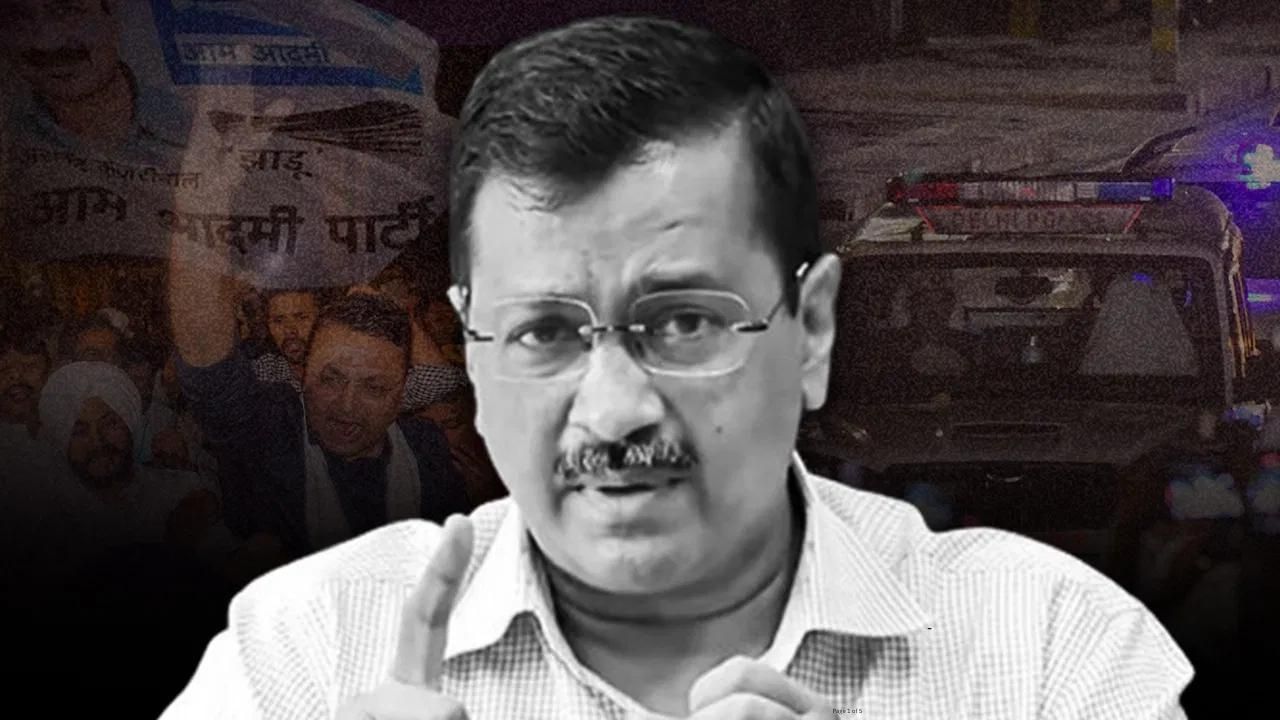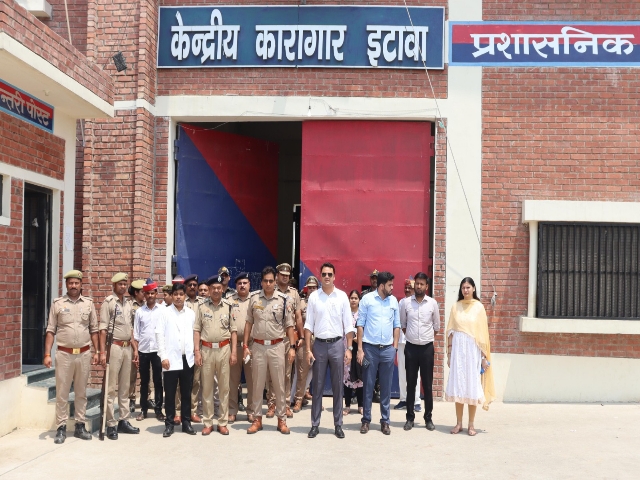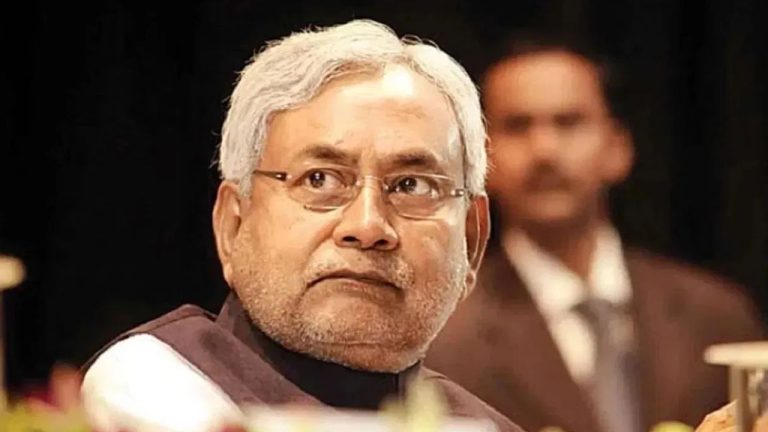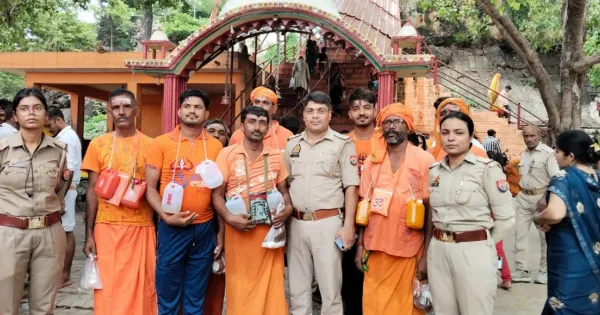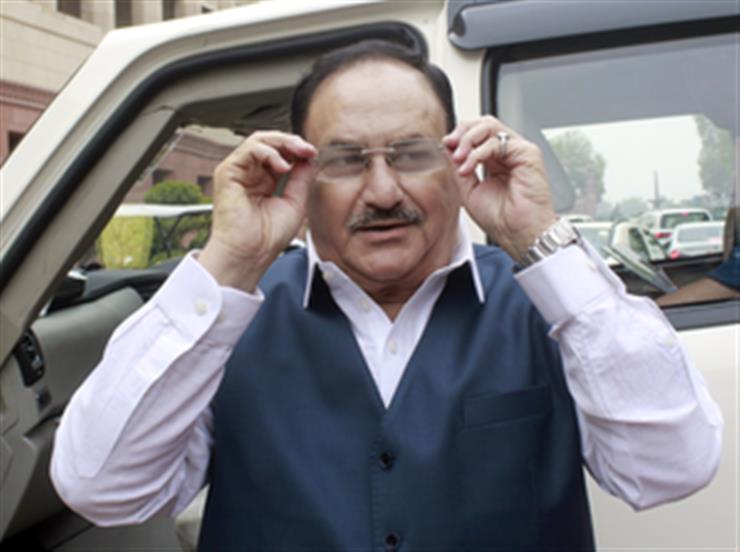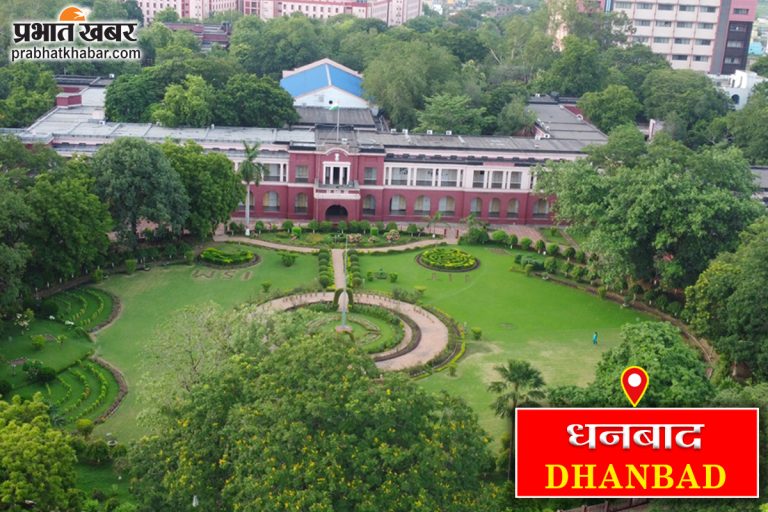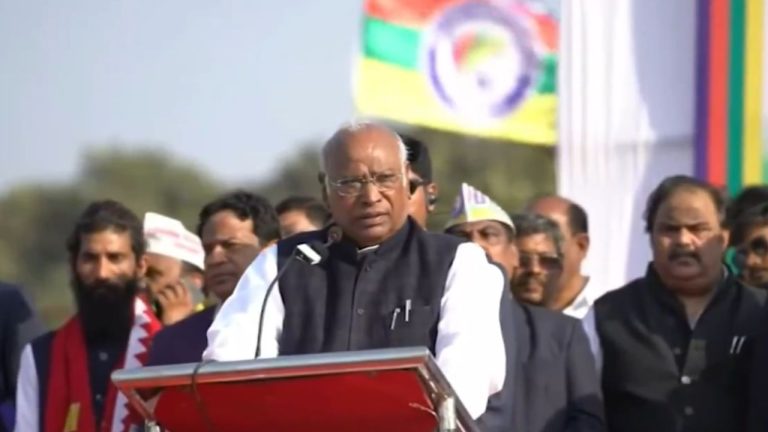Arvind Kejriwal granted interim bail by Supreme Court but remains in jail.
Supreme Court granted interim bail to Delhi Chief Minister Arvind Kejriwal in liquor scam case. A bench headed by Justice Sanjeev Khanna passed the verdict. However, Kejriwal is currently in jail as the Supreme Court granted interim bail in enforcement cases. The case is ongoing with the CBI. The Supreme Court held that we have not examined the question of bail but we have examined the parameters of Section 19 PMLA. We have explained the difference between Section 19 and Section 45. Section 19 is subjective opinion of authorities and subject to judicial review. Section 45 is invoked only by the court. A constitution bench of the Supreme Court will look into whether the PMLA provision is valid or not. Is Kejriwal's arrest justified or not? The Supreme Court heard the case that Arvind Kejriwal was in jail for 90 days. We advise that Kejriwal be released on interim bail. He is an elected leader and it is up to him whether he wants to continue in this position or not. The Supreme Court then transferred the case to a larger bench. He has been granted interim bail pending a larger bench hearing. What did Kejriwal's lawyer say? After getting interim bail from the Supreme Court, Arvind Kejriwal's lawyer Hrishikesh Kumar said the Supreme Court had granted him interim bail and referred the Article 19 and arrest matter to a larger bench. Chief Minister Kejriwal should remain in jail as his bail is still pending in the CBI case. #WATCH | Commenting on the Supreme Court granting interim bail to Chief Minister Arvind Kejriwal, Chief Minister Kejriwal's lawyer Rishikesh Kumar said, “The Supreme Court has granted him interim bail and referred Article 19 and the need for arrest to the larger bench. CM Kejriwal will stay in pic.twitter.com/et9ectf34R — ANI (@ANI) July 12, 2024 Kejriwal challenges ED to arrest Delhi liquor policy case. The Supreme Court heard the case on May 17 and postponed the verdict. It was also said that Kejriwal may approach the trial court seeking bail. Kejriwal had filed a petition in the Delhi High Court seeking his arrest and remand in Enforcement Directorate custody. On April 9, the Delhi High Court upheld Kejriwal's arrest. Kejriwal filed a case in the Supreme Court challenging the verdict. The Delhi High Court upheld the arrest, after which the Supreme Court on April 15 sought a response from the Enforcement Directorate (ED) on Kejriwal's petition. The High Court justified Kejriwal's arrest, saying there was no illegality in Kejriwal's arrest as he did not appear before the ED office for questioning despite repeated summonses. After this, the ED had no choice but to arrest him. Meanwhile, Kejriwal is the main accused in the supplementary charge-sheet Three days ago, the ED submitted the seventh supplementary charge-sheet in Delhi's Roose Avenue court, naming Chief Minister Arvind Kejriwal as the main accused in the case. The ED said in the chargesheet that Kejriwal had spent the money on the Aam Aadmi Party's campaign for the 2022 Goa elections. A number of claims have been made in the supplementary charge sheet. Kejriwal is said to be the kingpin and conspirator of this case. In its charge sheet, the Enforcement Directorate said that bribe money was used in the Goa elections. Knowing this, Kejriwal got involved. The charge sheet also contains details of a WhatsApp chat between Kejriwal and accused Vinod Chauhan. In the charge sheet, the ED has also mentioned the proceeds of crime (proceeds derived from crime). The next hearing on the bail plea of Delhi Chief Minister Arvind Kejriwal, who is lodged in Tihar Jail in the liquor scam case, will be held in the Delhi High Court on July 17. On Kejriwal's petition, the High Court issued a notice to the CBI and ordered it to file a reply. During the hearing, Kejriwal's lawyers were asked, why did you approach the High Court when you had the option? Why did not file a bail application in the trial court? Kejriwal was arrested on March 21. The ED had arrested Kejriwal on March 21 in a money laundering case related to the liquor scam case. Earlier, Kejriwal was summoned 9 times. After his arrest, Kejriwal spent several days in ED custody. The court then sent him to judicial custody. Meanwhile, he was granted interim bail for Lok Sabha election campaign. At the end of his term, he surrendered on 2nd June.
